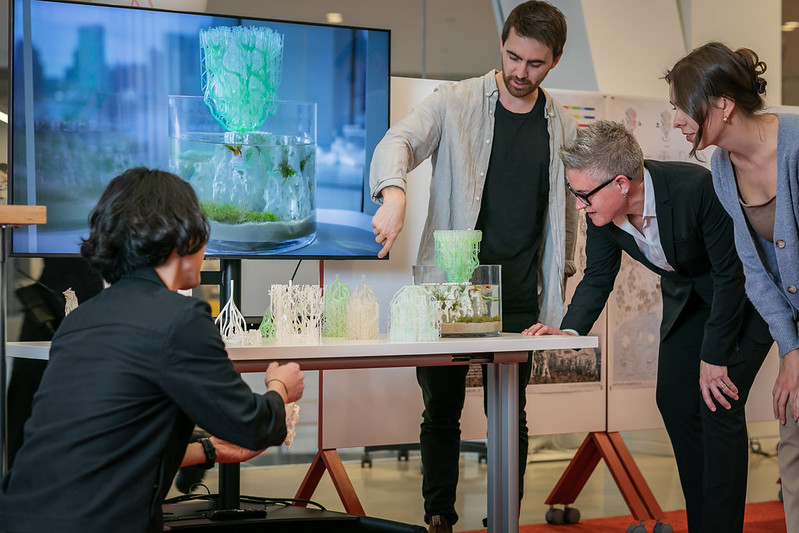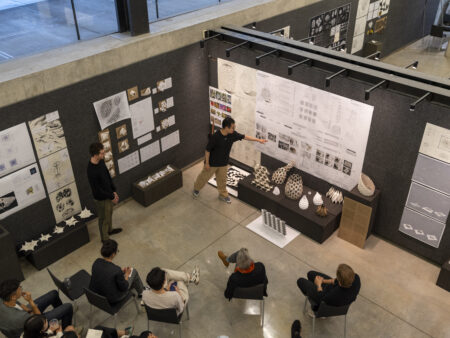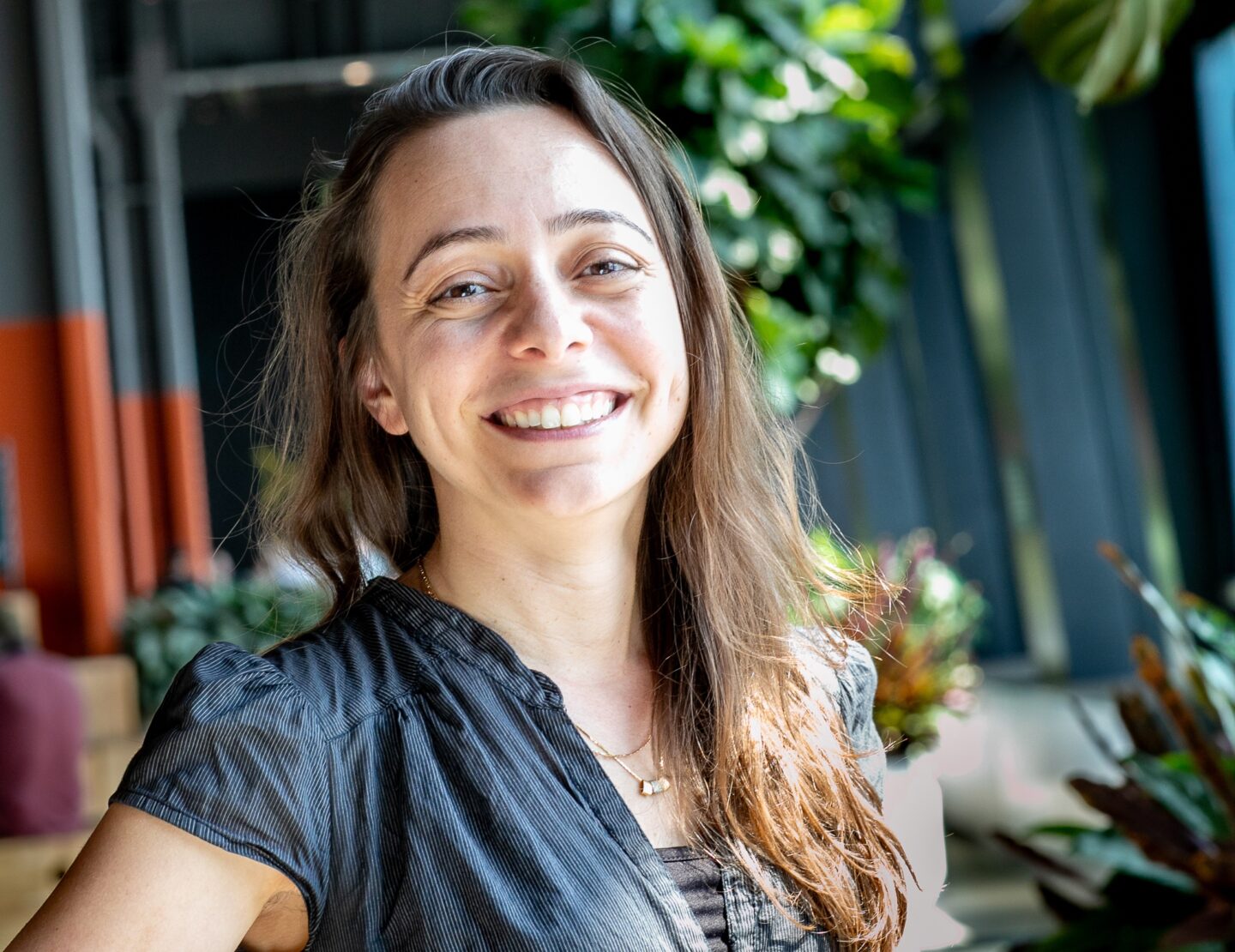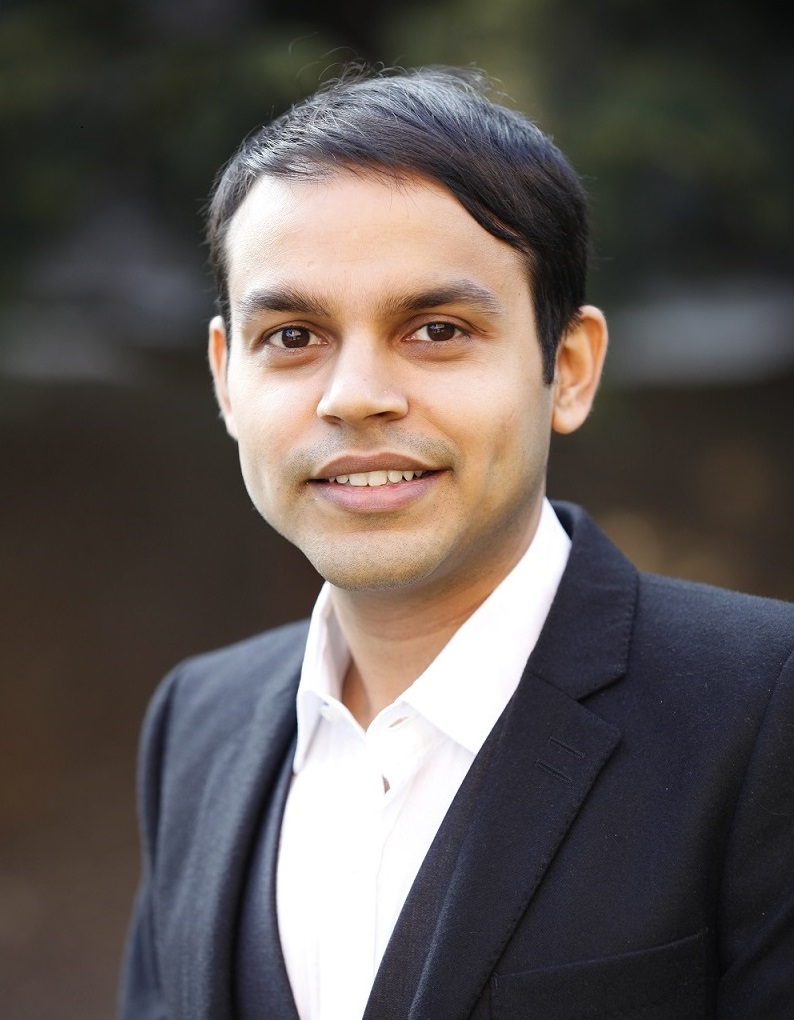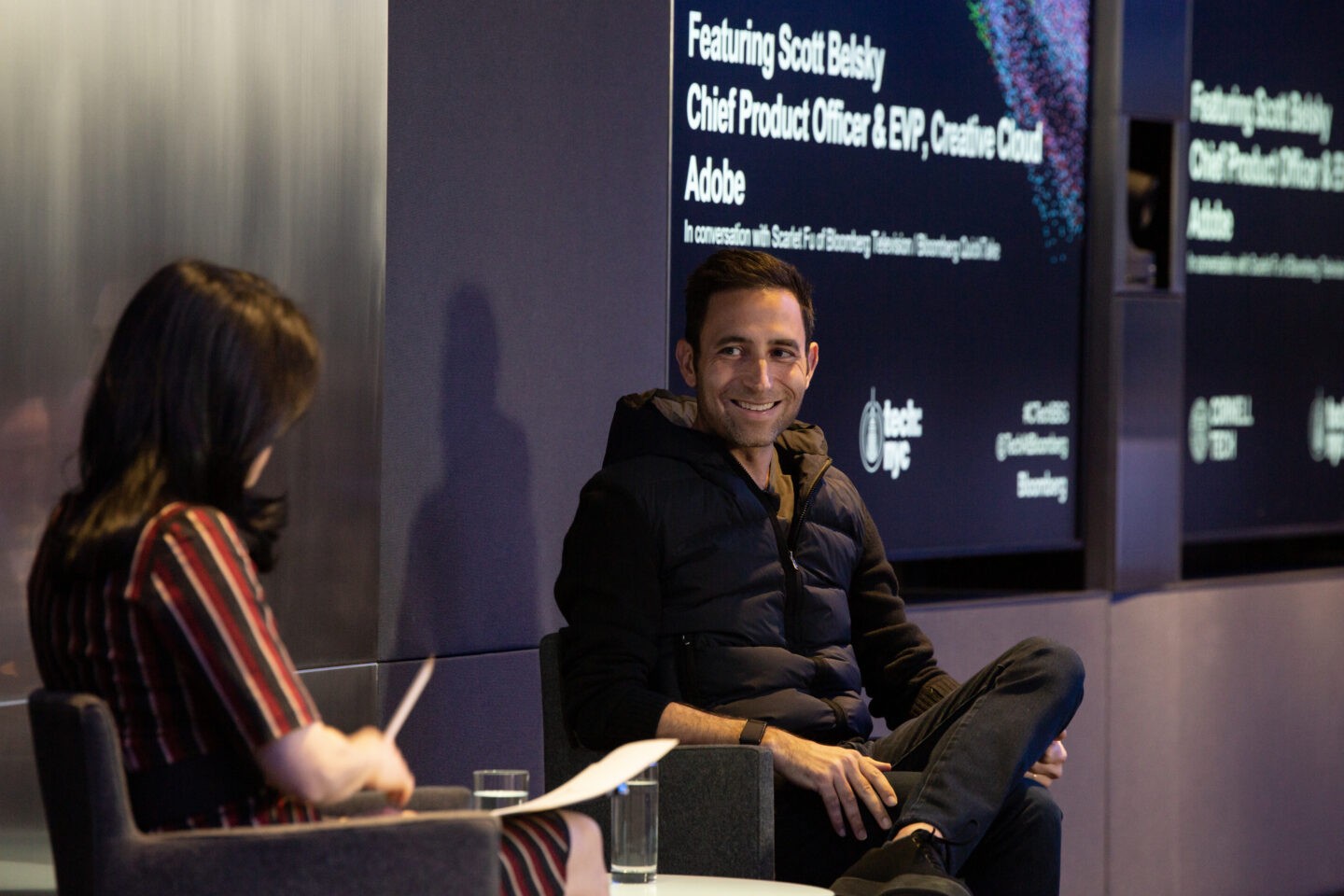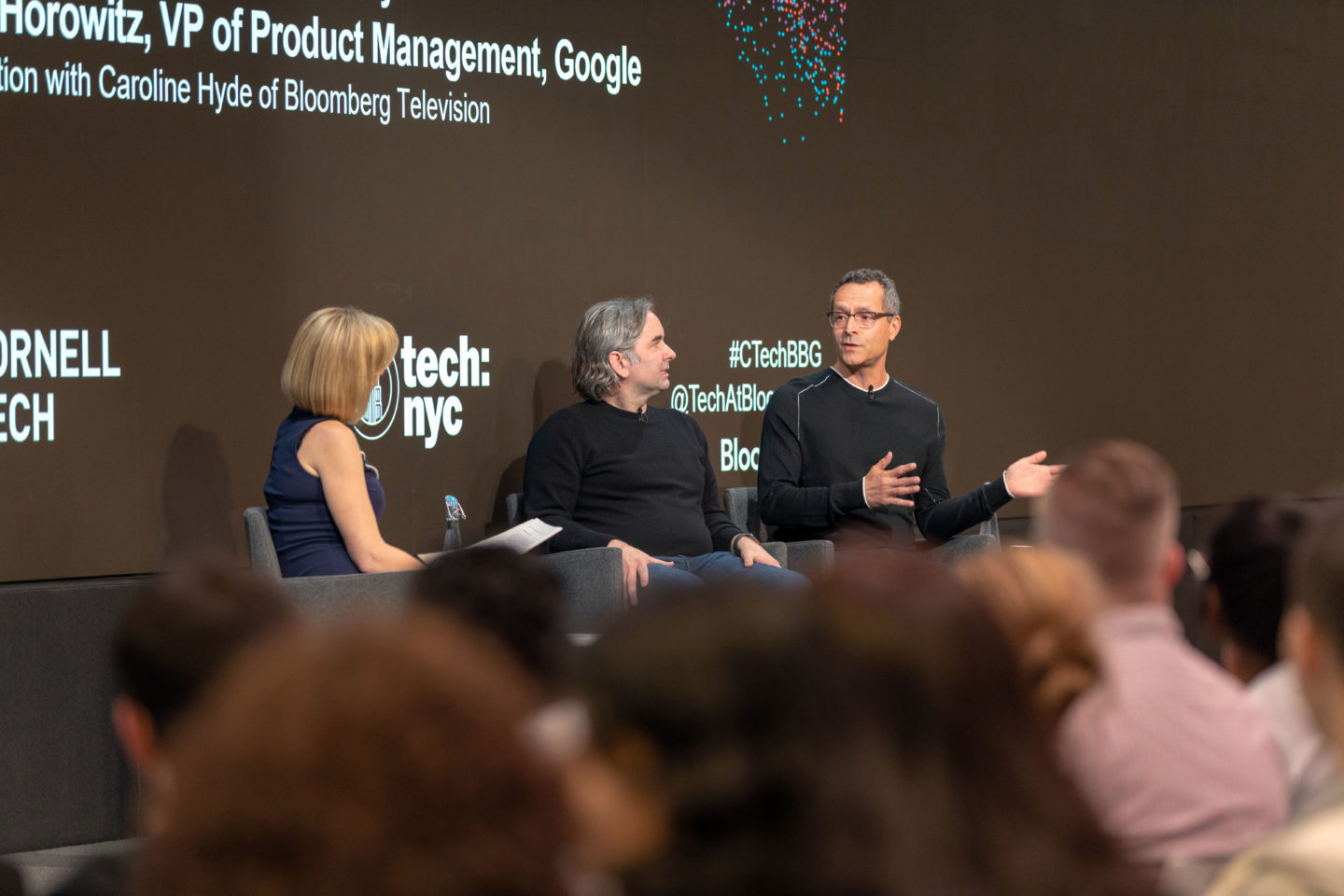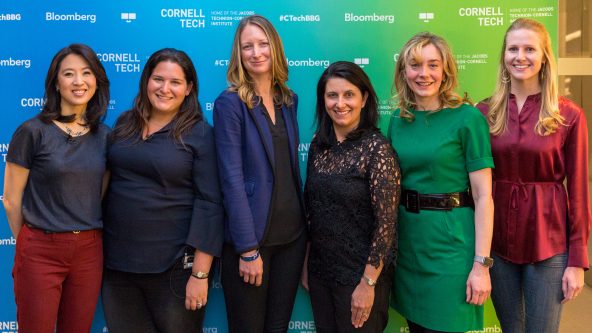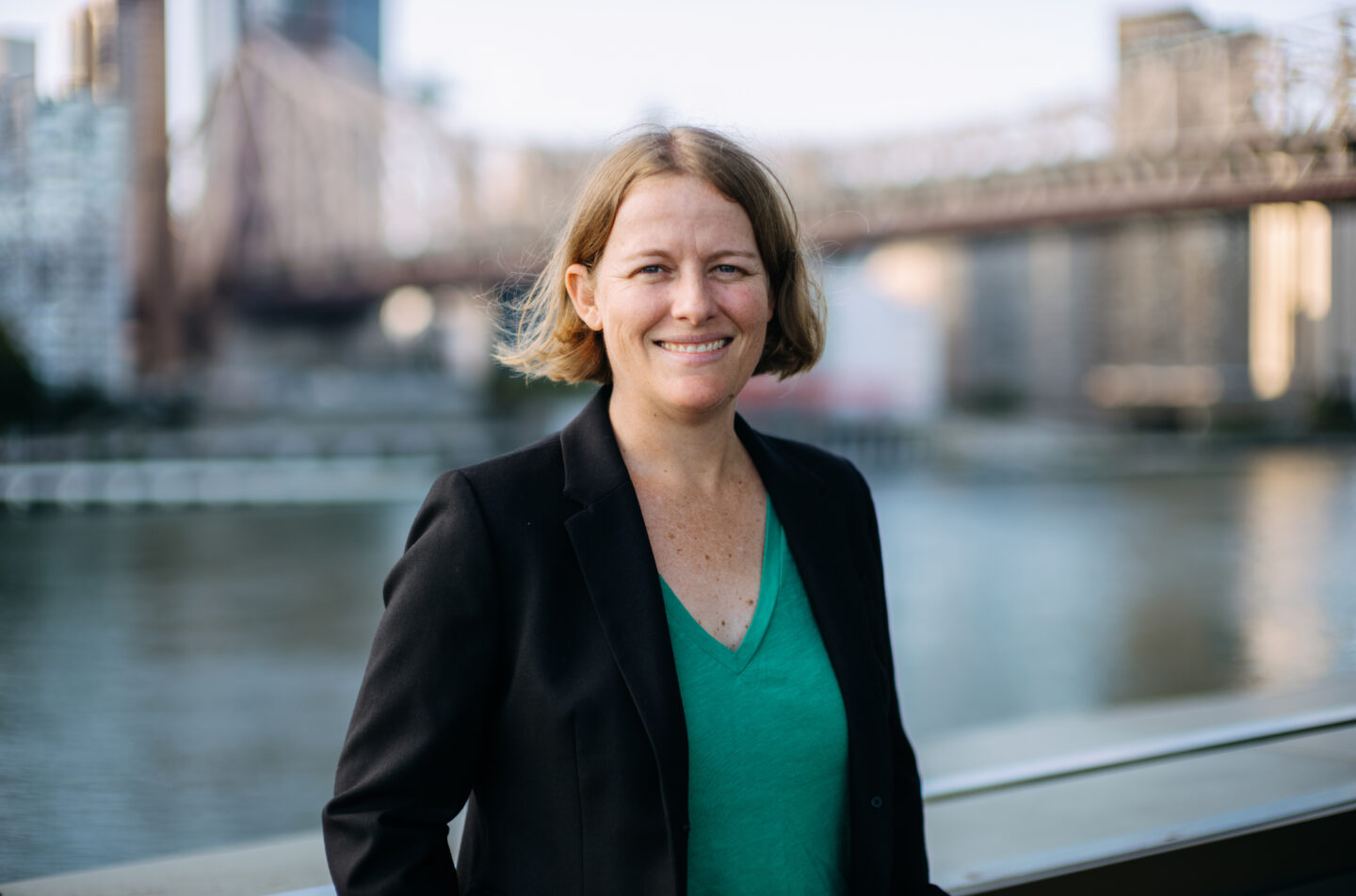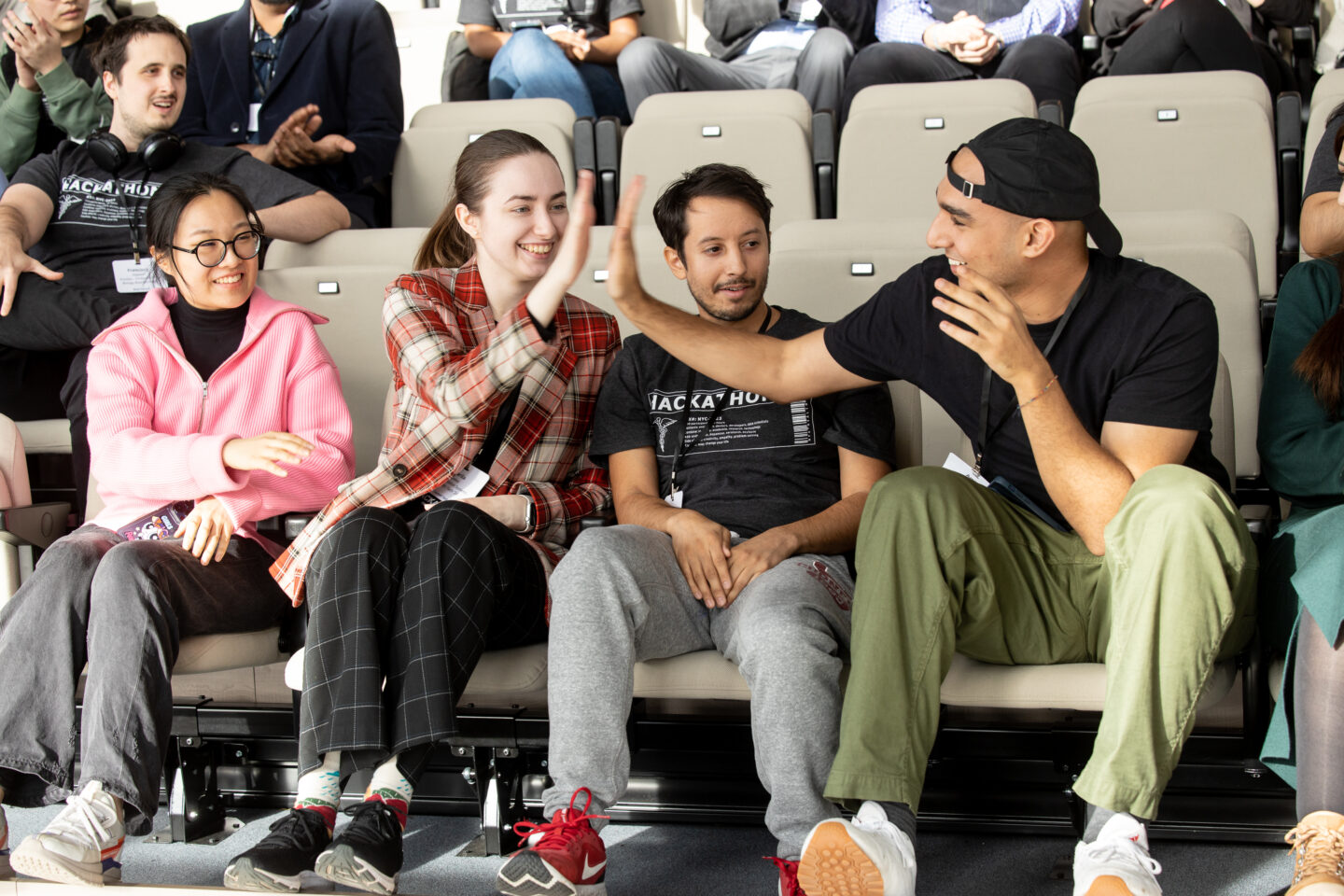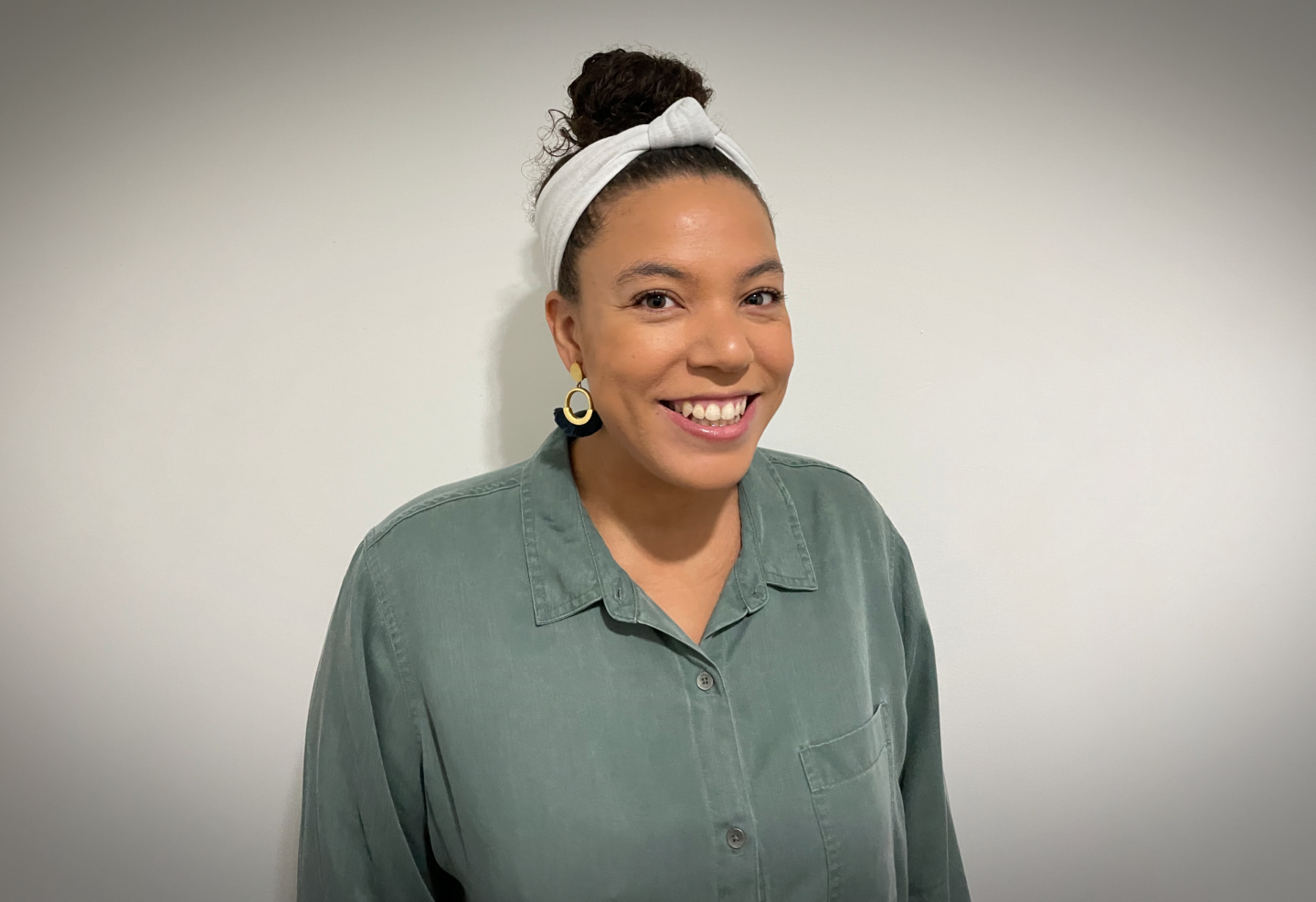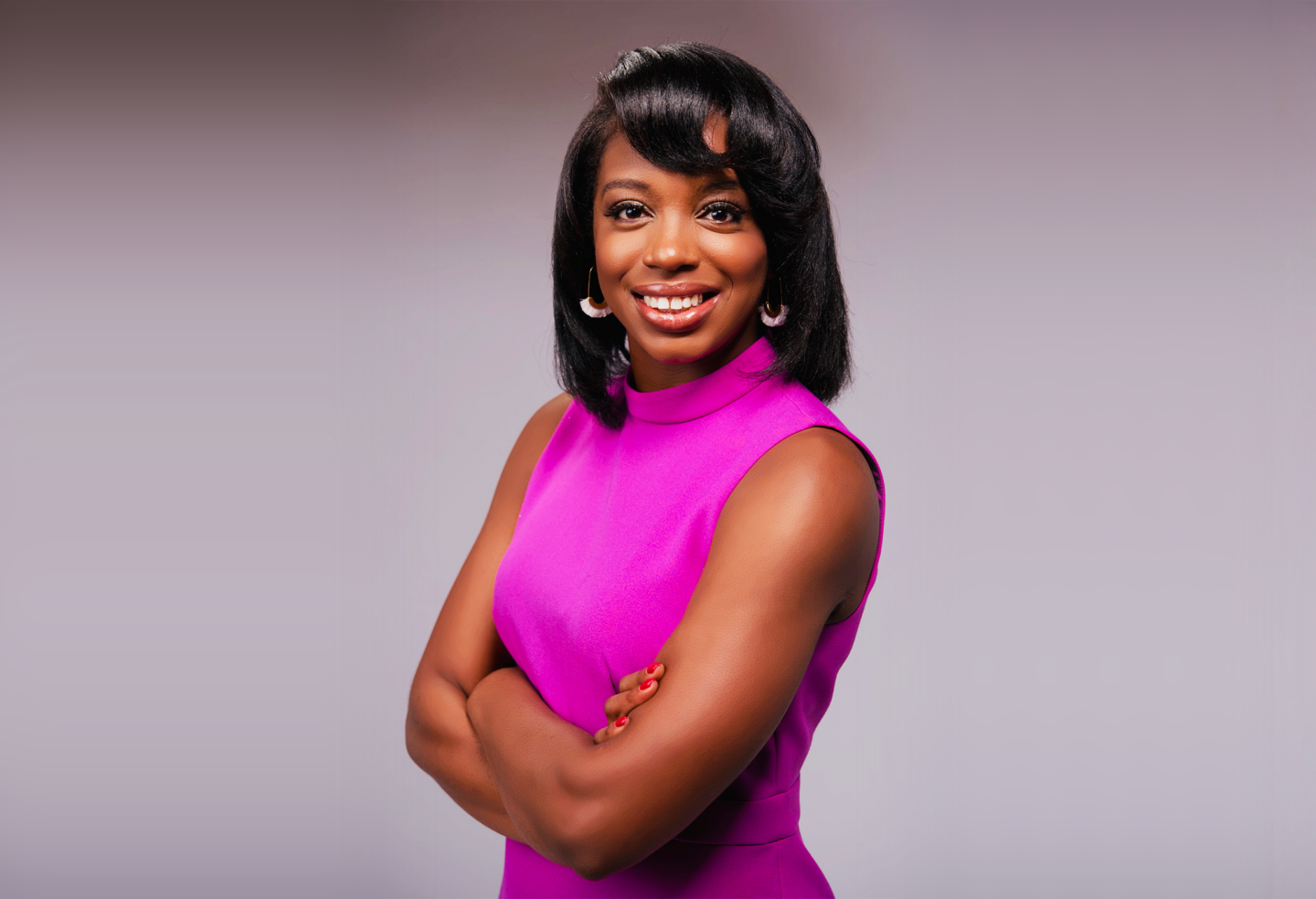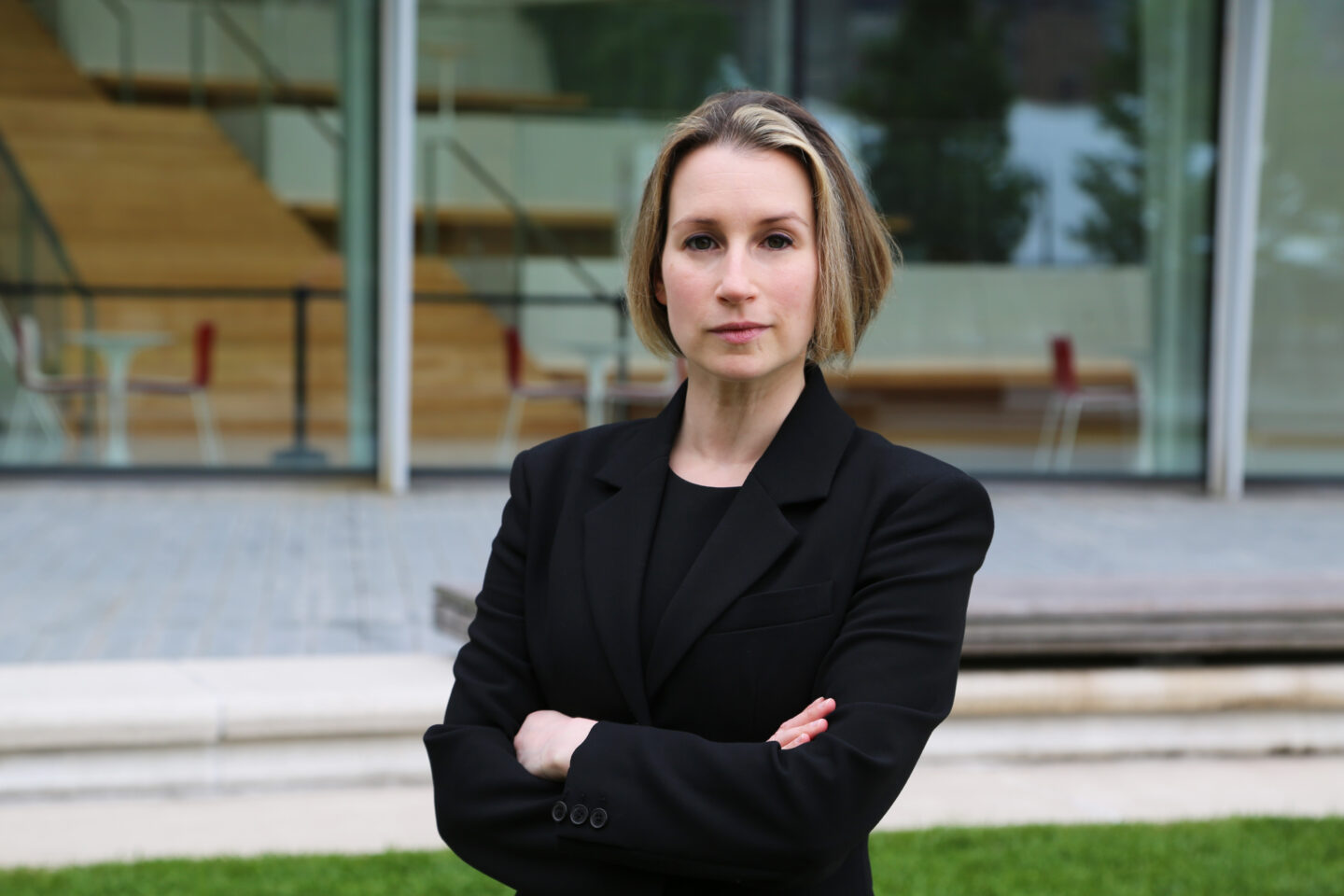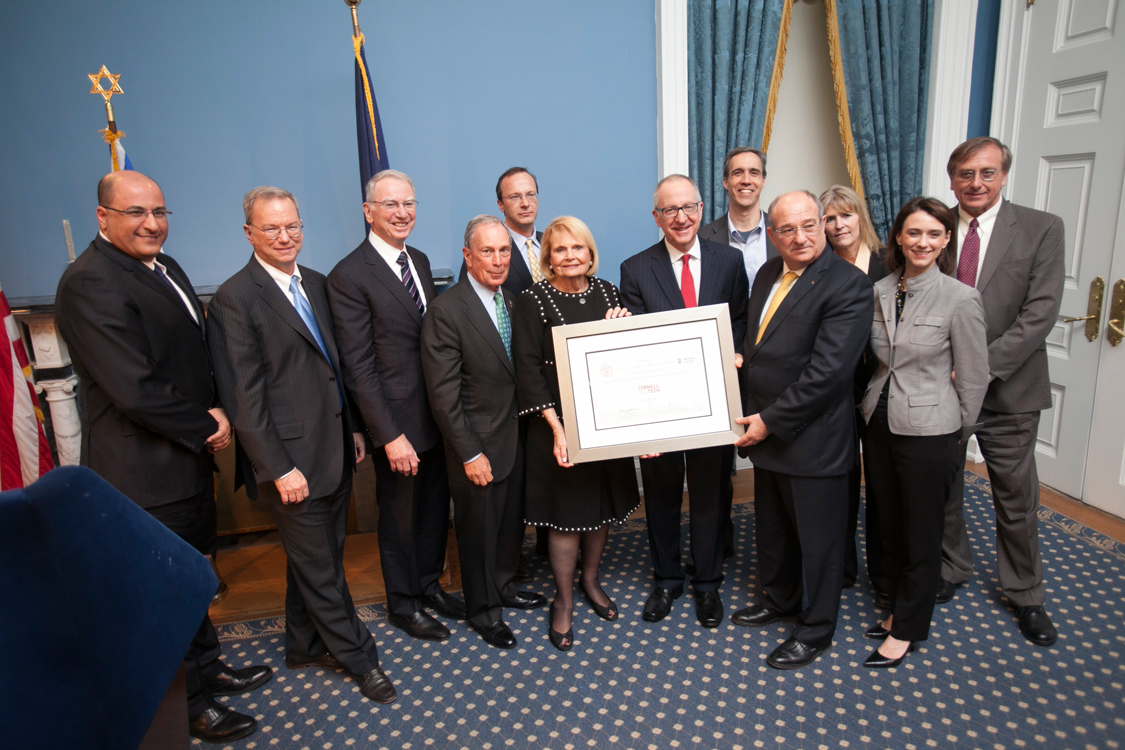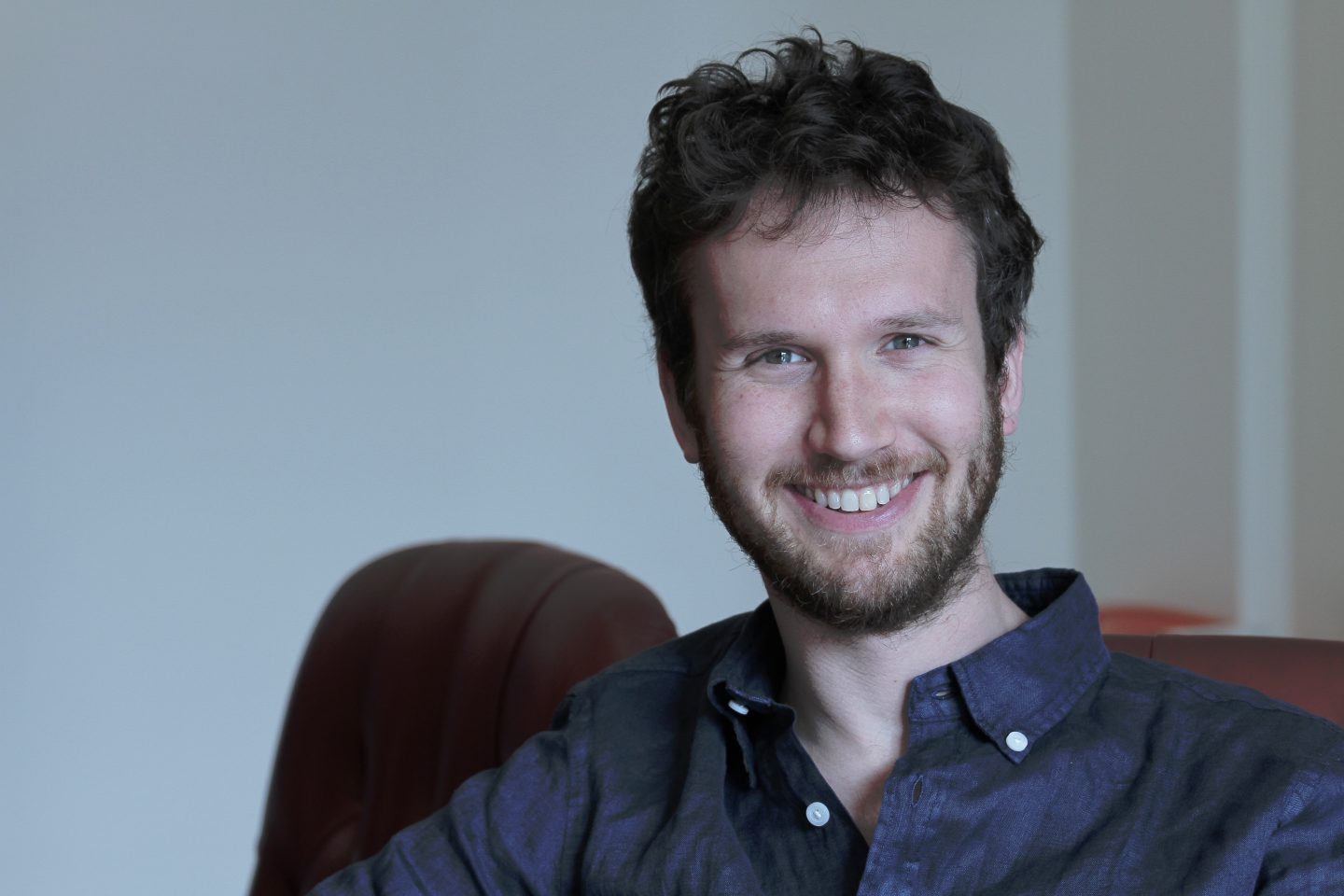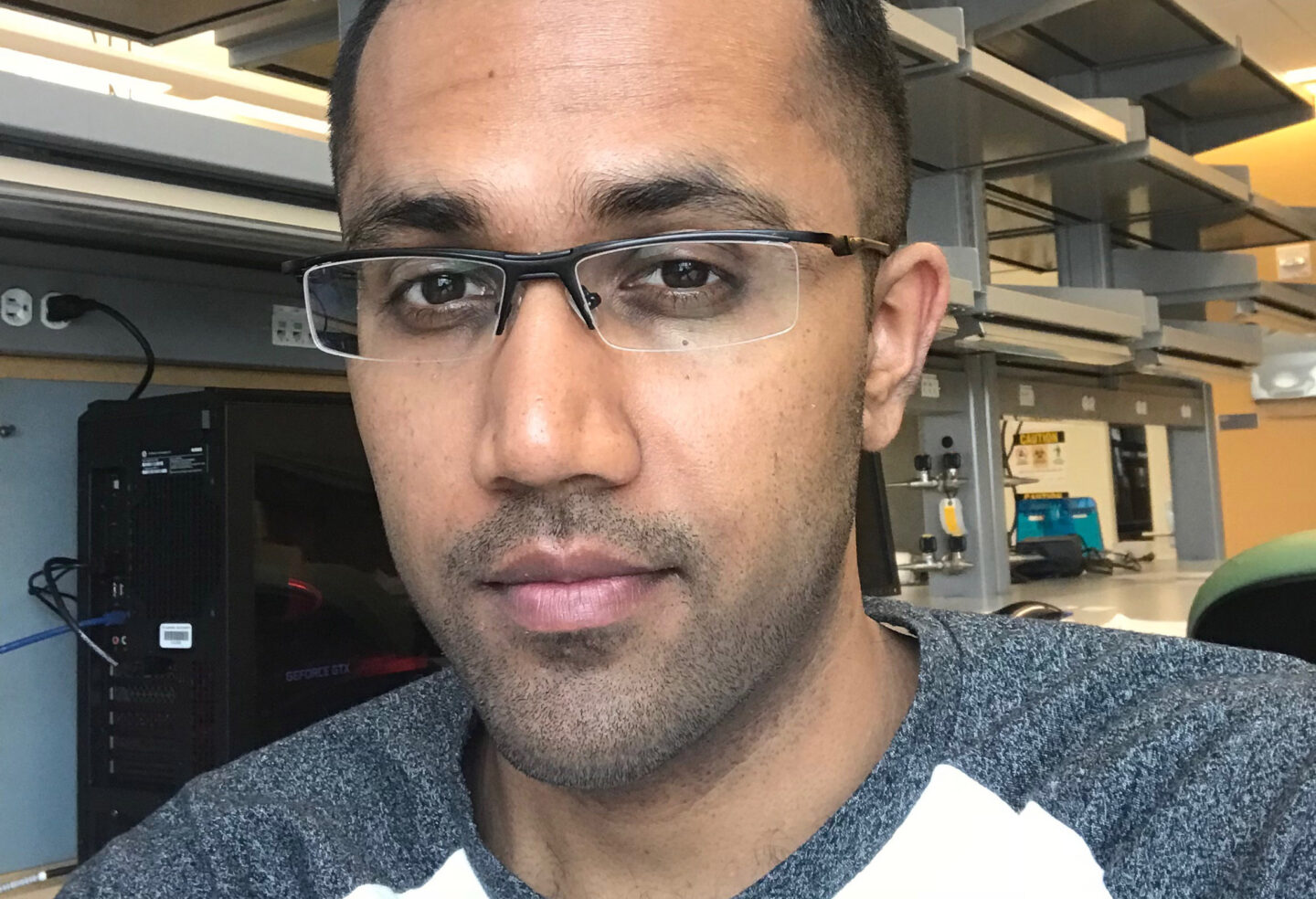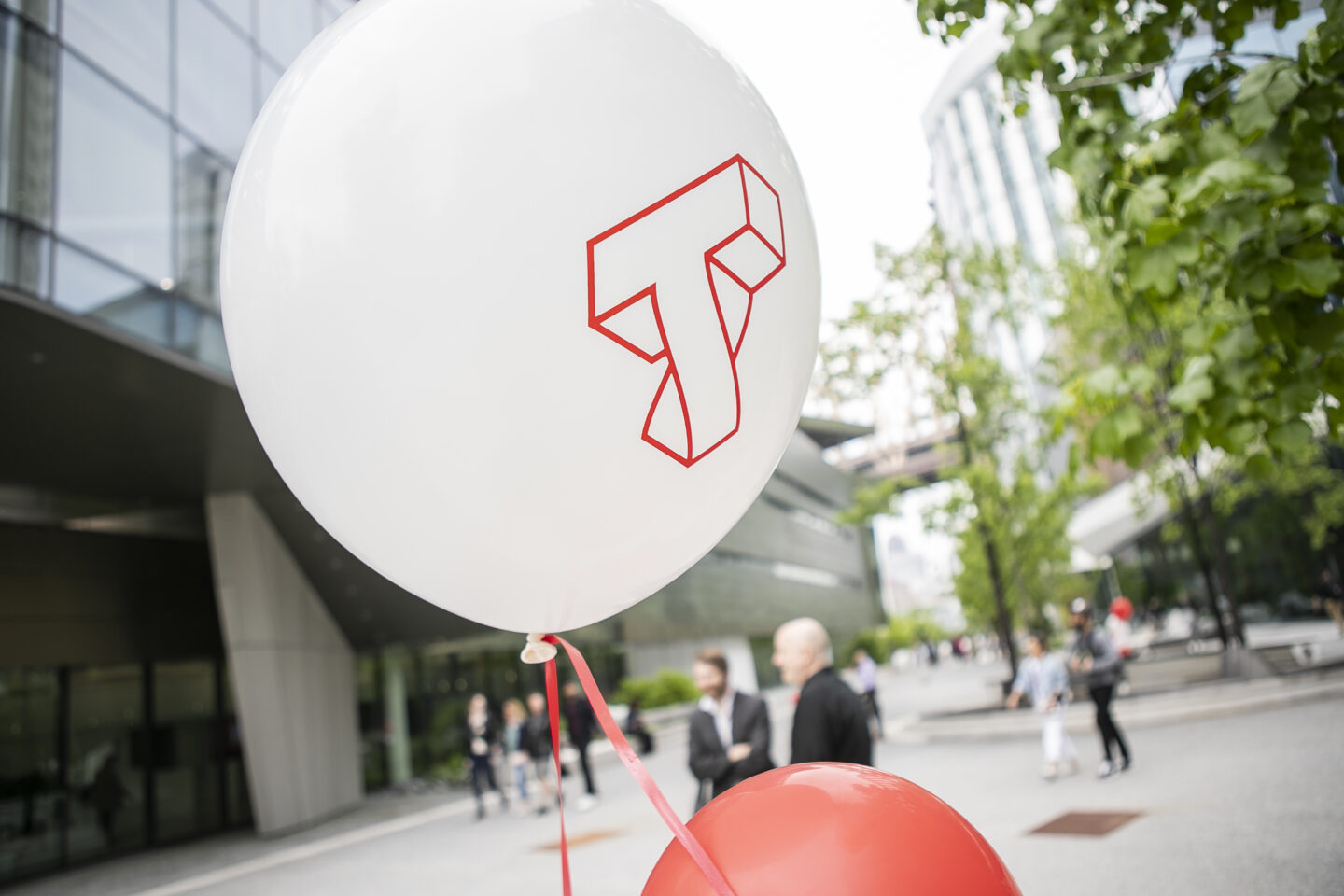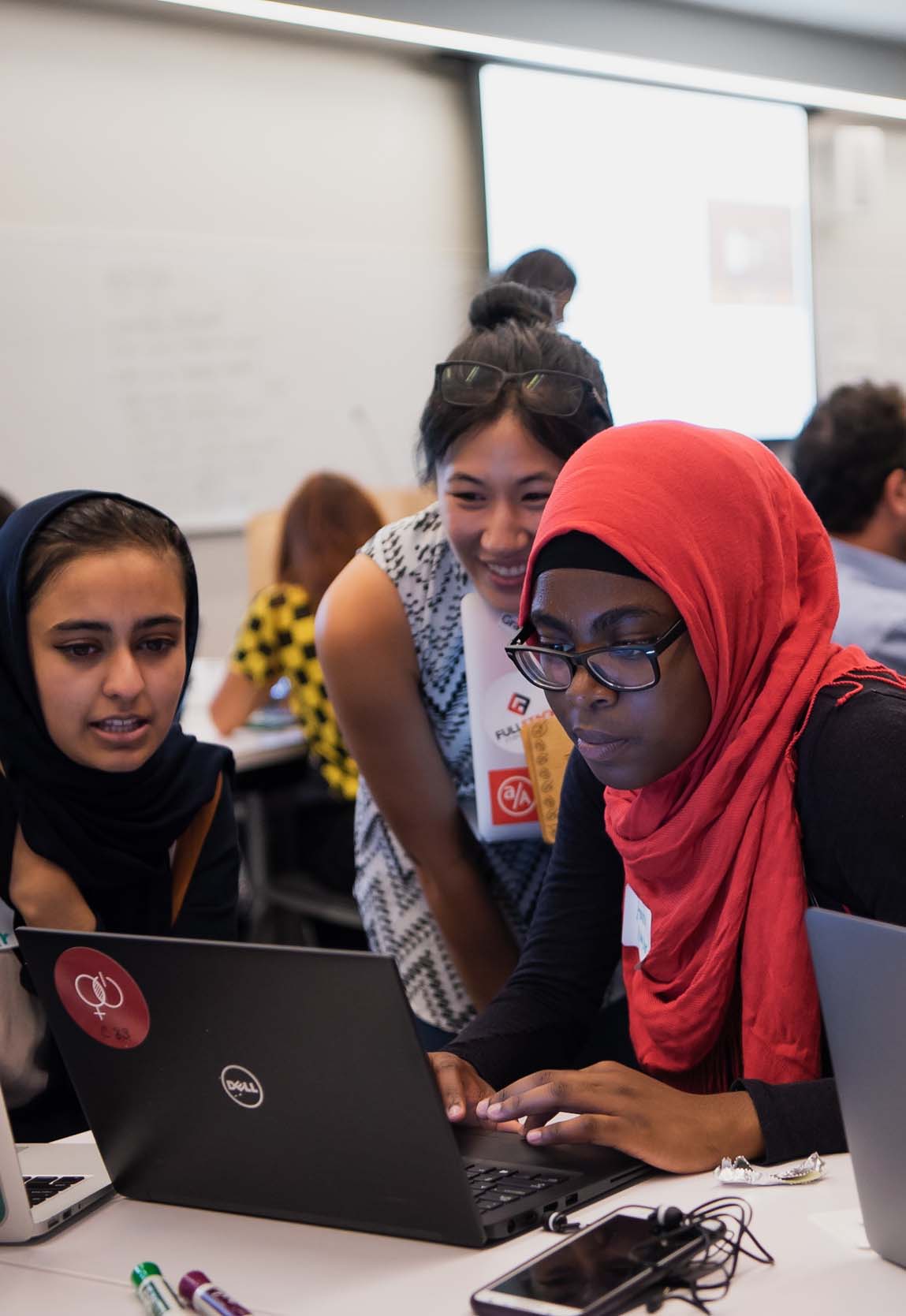
The 2024 XR Access Symposium, held at Cornell Tech in New York City, brought together industry leaders, researchers, and advocates to discuss the role of extended reality (XR) in fostering digital accessibility.
Under the theme “Insights from XR Assistive Technology,” the sixth annual event explored new developments in XR that hope to enhance inclusivity for people with disabilities. From compelling personal stories to innovative technological advancements, the symposium provided a powerful platform for addressing the potential and the challenges of accessible XR.
Storytelling as a Driver for Accessibility
A central theme of the symposium was the importance of storytelling in promoting accessibility. In the panel titled “XR Access Stories: Why Access Matters,” moderated by Dylan Fox — director of operations for XR Access at Cornell Tech — experts, including Meryl Evans and Jesse Anderson, shared personal experiences that underscored the real-world impact of accessible technology.
Evans, a deaf advocate who highlighted the need for closed captioning in XR applications, and Anderson, who discussed his struggles as a blind user activating a Meta Quest headset, illustrated the challenges individuals with disabilities face in the XR space.
“I’m so glad we got the opportunity to spotlight some of the disabled members of our community at the symposium,” said Fox. “No discussion of accessibility is worth its salt without the buy-in of those with lived experience, and sharing stories is a vital part of turning the discussion from requirements and box-checking to the real, emotional impact that accessibility has on people’s lives.”
The XR Access Stories project, which collects and shares these personal stories, serves as a potent reminder that accessibility must go beyond technical checklists — it’s about creating meaningful and inclusive experiences for all users. By sharing their perspectives, these advocates help shift the focus of XR design toward human-centered solutions that can transform individual lives and product development.
Exploring AI and XR Innovations for Blind and Low-Vision Accessibility
The symposium highlighted various artistic and technological innovations aimed at transforming accessibility for blind and low-vision (BLV) communities. In their talk, “Designing Interactive AI Visual Guides for Blind and Low Vision People,” Ricardo Gonzalez and Jazmin Collins — Ph.D. candidates at Cornell University — discussed AI’s potential in helping BLV individuals navigate visual information.
The researchers are now working on AI-powered guides in VR, using OpenAI’s GPT-4, a large-language AI model, to provide enhanced navigational support and scene descriptions. They believe these new tools will increase autonomy and engagement in complex environments.
Complementing these advancements, another panel on the XR project Unseen Sound presented a distinct approach to accessibility through spatial audio. The project, by blind artist Andy Slater and collaborator Sammie Veeler, integrates sonic way-finding and poetic captions to create a virtual world that BLV users can navigate independently using an arcade joystick. By embracing audio-based interaction, Unseen Sound offers an alternative approach to conventional visual interfaces.
Breakthroughs in Human-Computer Interaction
The symposium also highlighted cutting-edge developments in human-computer interaction. Kati London of Meta Reality Labs presented a noninvasive neuromotor interface that translates electrical signals into device commands, offering new accessibility options for users with motor disabilities.
Similarly, Gallaudet University’s ASL Champ platform uses VR and deep learning to teach American Sign Language (ASL) through immersive, gamified experiences, bridging communication gaps for deaf children and their families.
Rethinking Accessibility in Virtual Spaces
The symposium also emphasized the importance of reimagining accessibility within virtual spaces, particularly concerning mobility and hearing impairments. Justin Berry from Yale’s Center for Immersive Technologies in Pediatrics shared research showing that wheelchair interfaces can be as effective as traditional walking interfaces in VR, challenging assumptions about VR locomotion.
In addition, Stefania Serafin from Aalborg University introduced VR games designed to help children with cochlear implants improve sound localization skills, demonstrating XR’s potential for therapeutic and educational benefits.
Addressing challenges in virtual environments, Peter Galbraith of Owlchemy Labs also presented solutions for VR-specific subtitling, emphasizing design principles to integrate subtitles effectively and reduce motion sickness for new users.
The Future of Accessible XR
The 2024 XR Access Symposium demonstrated that the future of accessible XR is filled with potential. From breakthroughs in human-computer interaction to perfecting subtitles in virtual reality, the XR community is making strides toward creating more inclusive and empowering experiences for all users.
However, the path forward requires continued collaboration between technologists, artists, and advocates to ensure accessibility remains at the heart of XR development. By prioritizing the diverse needs of all users, the XR field can unlock new possibilities that not only enhance the experiences of individuals with disabilities but also enrich the broader XR landscape.
The 2025 XR Access Symposium
Tickets for the 2025 XR Access Symposium are now available here.



